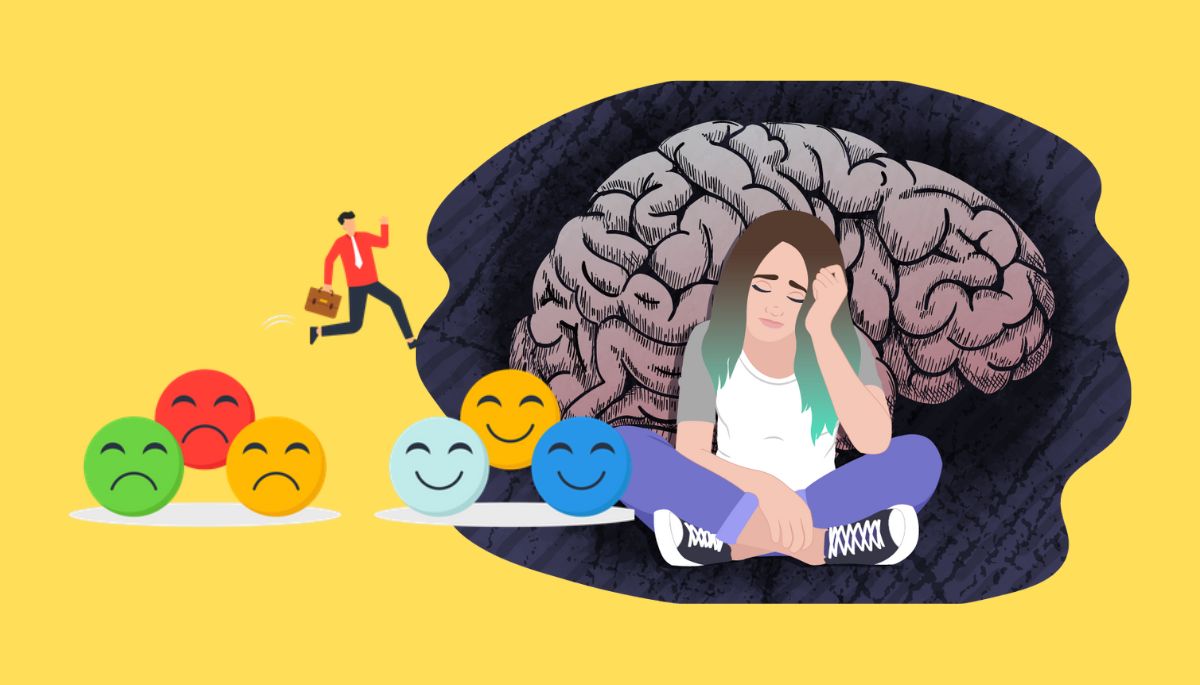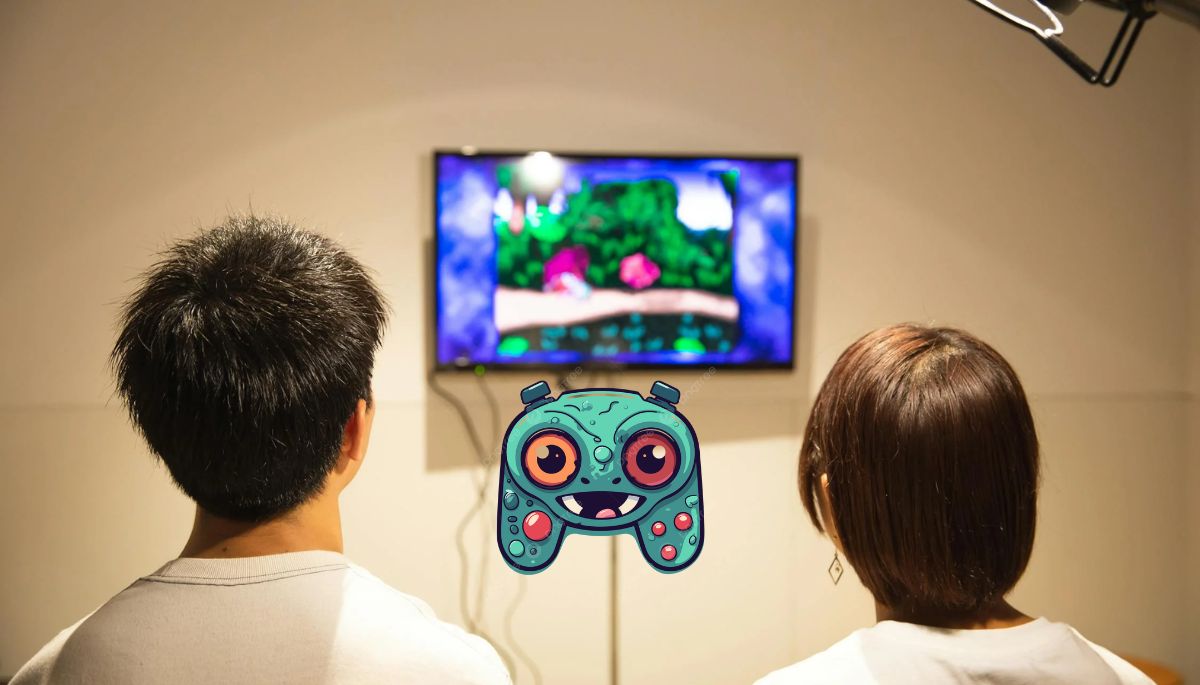Video games have become a massive part of modern entertainment, especially for kids and teens. But there’s a lingering question: Are video games a waste of time? While some argue that they offer no real benefits, others believe that they can be a great source of learning and relaxation. In this post, we’ll take a closer look at both sides, explore the impact of video games, and help you decide if they’re worth your time.
Why Some People Think Video Games Are a Waste of Time
Many people believe video games are a waste of time because they think these games don’t contribute to real-world skills. They argue that playing games for hours keeps kids from studying, exercising, or socializing. Here are a few common concerns:
| Concerns | Details |
|---|---|
| Time-consuming | Gamers can spend many hours in front of the screen, leaving less time for other activities. |
| Distraction from Responsibilities | Video games can take attention away from schoolwork, chores, or even relationships. |
| Lack of Physical Activity | Many video games are played while sitting, leading to less movement and exercise. |
The Positive Side of Video Games
While there are concerns, video games have positive aspects that are often overlooked. Let’s explore the benefits of playing video games:
| Benefits | Details |
|---|---|
| Enhances Problem-Solving Skills | Many video games involve puzzles and strategy, helping players improve their thinking abilities. |
| Encourages Teamwork | Online multiplayer games teach teamwork and communication, which can be useful in real life. |
| Stress Relief | Video games can be a great way to unwind and relax after a stressful day. |
Are Video Games Really a Waste of Time?
The question of whether video games are a waste of time depends on how they’re used. Like most hobbies, video games can be beneficial or harmful, depending on the amount of time spent and the type of games played.
- When It Might Be a Waste: If a person is skipping important tasks like school, work, or physical activities to play video games, it can become a problem.
- When It Can Be Useful: If video games are played in moderation, they can offer relaxation and even foster certain skills like quick thinking and hand-eye coordination.
Finding a Balance
The key to enjoying video games without wasting time is balance. Here are a few tips to keep gaming in check:
- Set Time Limits: Decide how much time you want to spend gaming each day and stick to it.
- Choose Educational Games: Some games are designed to be both fun and educational, which can be a win-win.
- Prioritize Responsibilities: Make sure schoolwork and chores are completed before picking up the controller.
Also Read : How Video Games Affect the Brain Negatively
How to Make Gaming a Productive Hobby
If you love playing video games, you can make this hobby more productive by focusing on aspects that benefit you in real life. Here are some ways to turn gaming into a more constructive activity:
- Play Games That Challenge Your Brain: Puzzle games, strategy games, and those that involve problem-solving can help keep your mind sharp. Look for games that require strategic thinking and decision-making.
- Learn New Skills: Many games offer challenges that can teach patience, perseverance, and even time management. Certain games are designed to teach languages, history, or science in an interactive way.
- Engage in Social Gaming: Playing multiplayer games with friends or online communities can improve communication skills and teamwork. It can also be a way to connect with friends, even if you’re far apart.
The Impact of Video Games on Mental Health

Video games have mixed effects on mental health, and it’s important to understand both sides. While excessive gaming can lead to stress or anxiety, in moderation, it can provide significant mental health benefits:
| Effects on Mental Health | Explanation |
|---|---|
| Positive Effects | Playing games can serve as a distraction from stress and offer a sense of achievement when completing challenges. |
| Negative Effects | Playing too much can lead to neglect of real-world responsibilities and social isolation if not balanced properly. |
| Finding a Middle Ground | Using games as a reward after completing tasks can help maintain a healthy balance between relaxation and productivity. |
Tips for Parents to Manage Kids’ Gaming Time
For parents, managing children’s Game time can be challenging, especially with the popularity of video games. Here are some practical tips for keeping things balanced:
- Set Clear Rules: Establish time limits for gaming during weekdays and weekends, making sure they understand the importance of completing schoolwork first.
- Encourage Other Hobbies: Help kids find other interests like sports, reading, or art to balance screen time.
- Play Together: Join in on the fun, Playing video games together can be a great bonding experience and allows parents to understand the games better.
- Choose Age-Appropriate Games: Make sure the games your child plays are suitable for their age and don’t contain content that could be harmful.
- Monitor Screen Time: Use tools or apps that can track how much time your child spends on video games and set appropriate limits.
Is Gaming Right for You?
Ultimately, whether video games are a waste of time comes down to personal choice and how you integrate them into your life. If playing games is taking away from your responsibilities or goals, it might be time to cut back. But if you find joy and relaxation in gaming without letting it dominate your time, then it can be a valuable part of your routine.
Addressing Common Misconceptions About Video Games
Many misconceptions exist about video games, and understanding the reality behind these myths can provide a clearer perspective. Here’s a look at some of the most common misunderstandings:
| Misconception | Reality |
|---|---|
| Video games make kids violent. | Research shows that while some games have violent content, there isn’t a direct link between video games and aggressive behavior. It’s more about the individual and their environment. |
| All video games are mindless. | Not true, Many games require strategic thinking, creativity, and decision-making. Games like Minecraft, Civilization, and The Legend of Zelda promote problem-solving and planning. |
| Video games lead to social isolation. | Many games are social and encourage interaction with friends, even globally. Online multiplayer games can help players build social skills and maintain connections. |
The Role of Video Games in the Future
With the rapid development of technology, video games are evolving beyond entertainment. Here’s how gaming is shaping up for the future:
- Educational Gaming: More schools are integrating games into their learning environments. Games like Kahoot, and Quizlet help students learn in an engaging way.
- Virtual Reality (VR): VR gaming is offering immersive experiences that could even be used for training simulations in industries like healthcare, aviation, and more.
- Esports and Career Opportunities: The rise of esports has turned gaming into a legitimate career path. Professional gamers, streamers, and game developers are making a living in this growing industry.
How to Avoid Gaming Addiction
While gaming can be a fun way to pass time, it’s essential to avoid getting too absorbed. Here are a few tips to help manage gaming time and prevent addiction:
- Take Regular Breaks: Use the 20-20-20 rule: every 20 minutes, take a 20-second break and look at something 20 feet away to reduce eye strain.
- Set Daily Time Limits: Decide in advance how much time you’ll spend gaming each day and use timers or reminders to keep track.
- Mix Up Your Routine: Engage in other hobbies or activities, like reading or exercising, to ensure gaming isn’t your only focus.
- Reach Out if Needed: If you feel that gaming is negatively impacting your life, don’t hesitate to reach out to friends, family, or a professional for support.
Also Read : Why Are Video Games Bad for Your Eyes
Conclusion
Video games can be a source of entertainment, learning, and even social connection when used mindfully. Whether video games are a waste of time truly depends on how you balance them with your daily life and responsibilities. By choosing the right games, setting limits, and maintaining a healthy lifestyle, gaming can be a rewarding and enjoyable part of life. Remember, moderation is key, and the focus should always be on keeping gaming a positive experience.
FAQs About Are Video Games a Waste of Time
Do video games have any educational value?
Yes, many video games improve problem-solving skills and teach teamwork, especially strategy and multiplayer games.
How much time is too much time spent on video games?
It varies for each person, but experts often recommend limiting screen time to about 1-2 hours a day for recreational activities.
Can video games be good for stress relief?
Absolutely, Many people find video games a great way to unwind after a long day.
Are all video games bad for kids?
No, not all games are bad. Educational and age-appropriate games can even help kids learn new skills.
Should parents be worried about kids playing video games?
Parents should monitor the types of games and how much time their kids are playing to ensure a healthy balance.
Can video games improve hand-eye coordination?
Yes, many fast-paced video games require quick reactions, which can help improve hand-eye coordination.
How do video games impact social skills?
Online multiplayer games can teach teamwork and communication, allowing players to build connections and work together towards common goals.
Are video games addictive?
For some people, gaming can become addictive, especially when it interferes with daily life. Setting limits and maintaining balance is crucial to avoid addiction.
Can adults benefit from playing video games?
Absolutely, Many adults enjoy video games as a way to relax, de-stress, and even keep their minds active through strategy and puzzle games.
Do video games help with learning new languages?
Some games are specifically designed for language learning, while others can help players pick up phrases and vocabulary when playing in a different language setting.
Also Read
